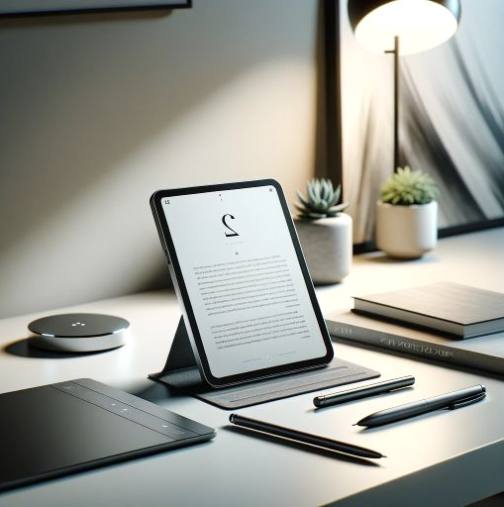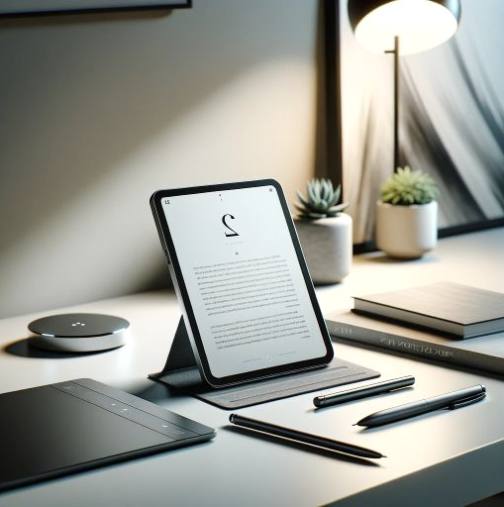 | What are the meaning of the AMI BIOS audio codesMy Computer |
I will start by saying the meaning of POST is Power-On Self Test.
When a computer is turned on, the hardware makes a quick automatic test. If there are any errors during the POST, then they will be displayed as an error code on the screen or as an audio beep.
The beeps usually tell you if there is a problem with the computer. There may be longer or shorter beeps, with a short pause between them. It’s like the cry for help of your computer.
If you do not have a diagnostics card at hand, then you can use the following information for identifying the problem.
Original codes for the POST, on a standard IBM computer
- 1 short beep – Normal POST, the computer is OK.
- 2 short beeps – an error occurred during the POST. The error code is displayed on the screen.
- No beep – problems with the motherboard or with the electrical source.
- Continuous beep – problems with the electrical source, with the motherboard or with the keyboard.
- Repeating short beep – motherboard error or electrical source problem.
- 1 long beep and 1 short one – motherboard problem
- 1 long beep and 2 short ones – video card problems (MDA, CGA)
- 1 long beep and 3 short ones – video card problems (EGA)
- 3 long beeps – keyboard error
Code description displayed during POST on a standard IBM computer
- 100-199 – motherboard error
- 200-299 – RAM memory error
- 300-399 – keyboard error
- 400-499 – Monochrome display error
- 500-599 – Color display error
- 600-699 – Floppy disk error
- 700-799 – Mathematical co-processor error
- 900-999 – parallel printing port error
- 1000-1099 – alternative printing port error
- 1100-1299 – asynchronous communication port error
- 1300-1399 – game port error
- 1400-1499 – print error
- 1500-1599 – synchronous communication device, an adapter or a port error
- 1700 – 1799 – hard disk error or adapter
- 1800 – 1899 – expansion unit XT
- 2000 – 2199 – bisynchronous communication adapter
- 2400 – 2599 – integrated video card (MCA)
- 3000 – 3199 – internet card (LAN)
- 4800 – 4999 – internal modem
- 7000 – 7099 – Phoenix Bios chip
- 7300 – 7399 – 3.5″ Disk driver
- 8900 – 8999 – MIDI adapter
- 11200 – 11299 – SCSI adapter
- 21000 – 21099 – SCSI Fixed Disk system and Controller
- 21500 – 21599 – SCSI CD-ROM system
Audio codes for the AMI BIOS
- 1 short beep – everything is OK. If nothing is displayed on the monitor, then check the motherboard and the video card first. If everything is connected, then it means that there is a chip error on the motherboard. You can disconnect the computer from an power source for a few minuter and then try again.
- 2,3 or 4 short beeps – your computer has memory problems. You can try removing the RAM memory, clean the cards and then reconnect them.
- 5 short beeps – your motherboard has problems. You may need to replace it.
- 6 short beeps – the chip on the motherboard that handles the keyboard is not working. Try a new keyboard. If this doesn’t work either, then you may need to replace the chip. If it’s seamed to the motherboard, then you may need to replace it.
- 7 short beeps – your processor is having a problem. Change it or replace the motherboard.
- 8 short beeps – the video card isn’t working.
- 9 short beeps – your BIOS isn’t working. Reset or replace the BIOS.
- 10 short beeps – your computer has a problem with the CMOS, and all the chips that have a relation with the CMOS will need to be replaced. You can buy a new motherboard.
- 11 short beeps – the chip for the cache memory of your motherboard isn’t working.
- 1 long beep and 3 short ones – this is a memory problem.
- 1 long beep and 8 short ones – video card error. Try to reset it.
Read more from My Computer |
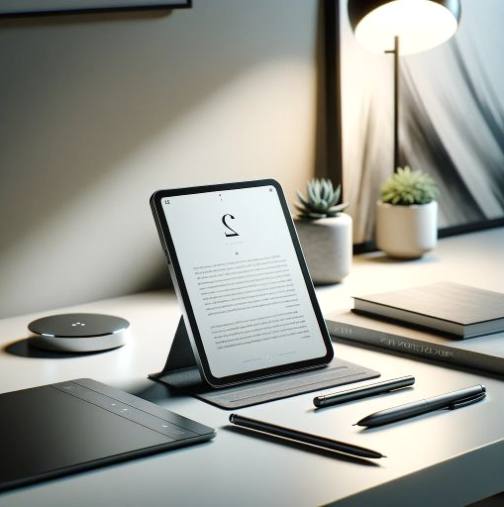

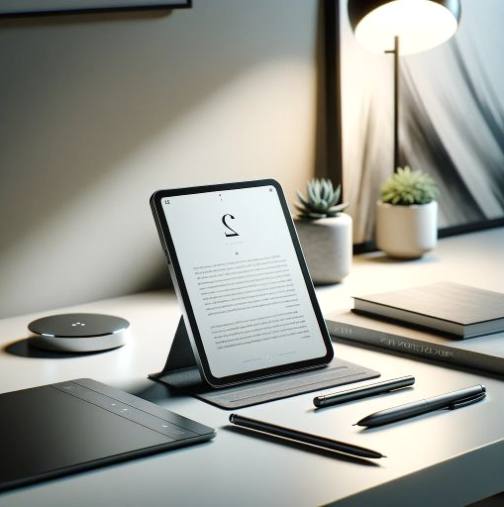
 HOME
HOME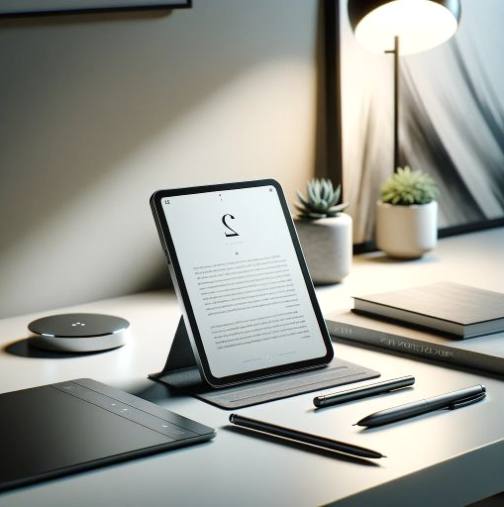 CATEGORIES
CATEGORIES CONTACT
CONTACT









